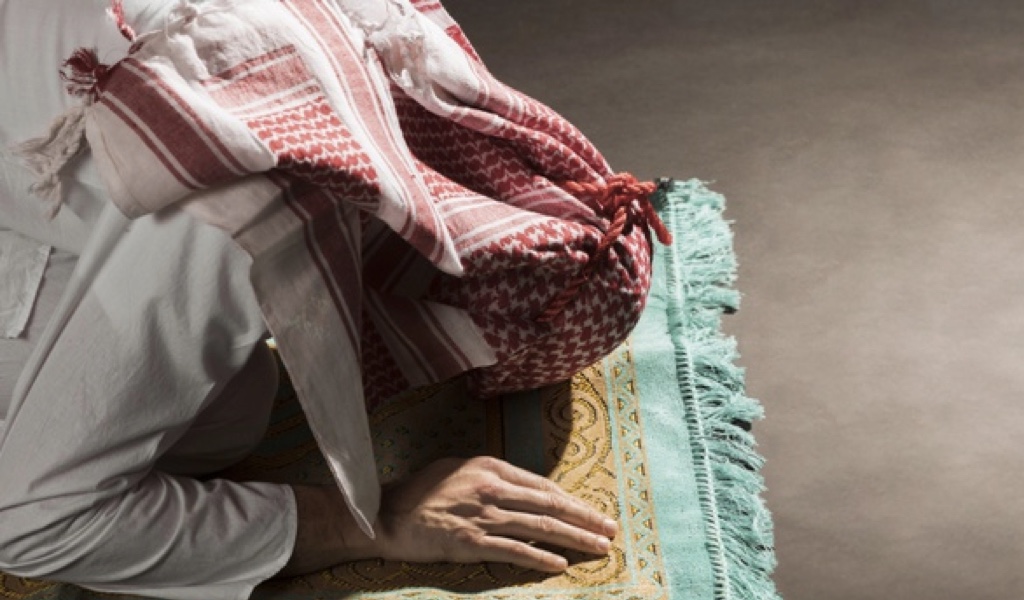** Don’t die without a project **
A month of miraculous productivity and relentlessly hard work in every field of life; This is precisely what the month of Ramadan was to those before us. The below are unforgettable examples of accomplishment in just one of those fields; the armed encounters.
The battle of Badr against the pagan Arabs, arguably the most important encounter in the history of Islam, took place in year 2 AH in the month of Ramadan.
The city of Mecca, after years of its oppression of Muslims, was finally conquered without war in year 8 AH in the month of Ramadan.
The critical battle of Al-Buwaib, which was led by the Muslim hero Al-Muthanna Ibnu Haaritha, where 8000 Muslims defeated 100,000 Persian soldiers, took place in year 13 AH in the last week of the month of Ramadan.
Tariq Ibnu Ziyad led 12,000 Muslim soldiers to Andalusia in response to a cry of grief made by its citizens, to square up against Roderick’s forces of 100,000 Spaniards, in a battle that would last a gruelling 8 days and would mark the end of a tyranny, and the beginning of a beautiful page in Islamic history in Spain that would last over 800 years. This encounter happened in year 92 AH in the month of Ramadan.
It was the efforts of Mohammad Ibn Qaasim that would establish Muslim presence in India, in an encounter that took place in year 94 AH in the month of Ramadan.
The battle of ‘Ayn Jaaloot, one the most pivotal encounters in Islamic history, was led by Sayfud-Deen Qutuz against the seemingly unstoppable forces of the Tatars that were sweeping through Muslim lands for years on end in an unchallenged manner for 42 years.
Their massacres were horrendous, annihilating entire cities, not sparing the elderly, children or even animals. It was considered an unimaginable task, but in the year 658 AH, Qutuz would finally put an end to their terror in the month of Ramadan.
In fact, the list is too long for the purpose of this piece.
Bearing in mind (1) your specific skill set, (2) your personal circumstance in this day and age, and (3) the blessings of the month that you’re witnessing, ask yourself:
“How am I going to make my month of Ramadan of productivity and hard work?”
“What’s my project for the hereafter?”
An employee who has been made redundant and given only one months’ notice will not be seen resting during that month, as he restlessly tries to find an alternative source of income before the month passes, particularly if he has a family that rely on him, rent that cannot be delayed and overdue debts. This is how we behave when our regular worldly incomes and threatened.
Similarly, there will come a time when your income of good deeds will come to a halt. Death is our redundancy, and you and I have been put on notice as well. How do you feel about that? Do you feel the same level of urgency to identify a stream of good deeds today that will continue flowing to you after your death?
What’s your project for tomorrow?
There are so many Muslims who, now that they’ve died and are six feet under, wish with all their hearts that someone alive would dig a well in their name, or build an orphanage in their name or do anything to benefit them in the world of the underground.
Do not be like this person who waits for others to build his hereafter. Lets build our own, and let this strategic planning for Jannah begin from this Ramadan, as you add to your Du’aa;
“O Allah, inspire me with the perfect Islamic project that I can dedicate my life to, one that will justify my tears for paradise on the Day of Reckoning.”
In the lives of many, the ending of their lives also marks the ending of their good deeds, whilst for others, their dying doesn’t limit them in any way whatsoever.
Imam Ibnul Qayyim explains:
“فيالها من مرتبة ما أعلاها، ومنقبة ما أجلها وأسناها، أن يكون المرء في حياته مشغولاً ببعض أشغاله، أو في قبره قد صار أشلاء متمزقة وأوصلاً متفرقة ، وصحف حسناته متزايدة يملي فيها الحسنات كل وقت، وأعمال الخير مهداة إليه من حيث لا يحتسب، تلك والله المكارم والغنائم، وفي ذلك فليتنافس المتنافسون”
“What a mighty and honourable rank it is; a person who, perhaps, is busy with a worldly doing of some sort, or had even passed away and decomposed within his grave, but nevertheless, his scrolls of good deeds are continually being added to, as actions of goodness are gifted to him from places where he least expects. This, by Allah, is the true meaning of honour and gains, and in this let the competitors compete.”
(Tareequl Hijratain)
Don’t allow death to meet you without a clearly identifiable strategy for your Hereafter.
Start planning from your very next Du’aa.
Subscribe for Updates
Original content used with permission from:






